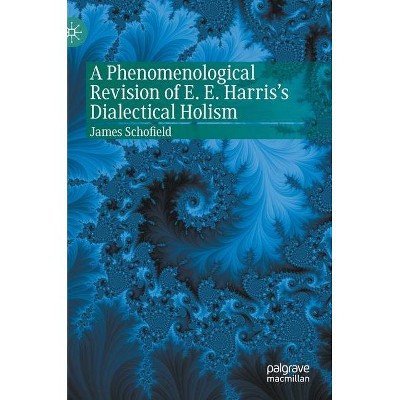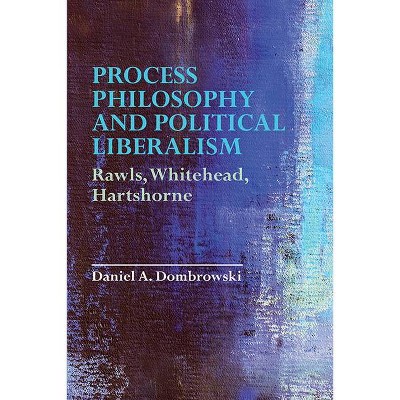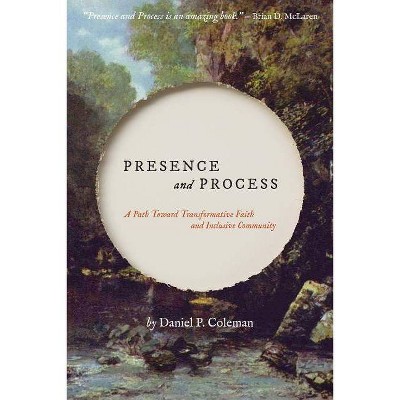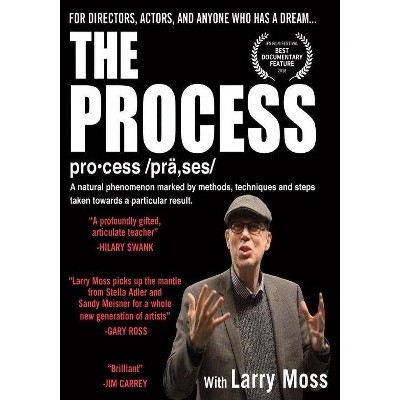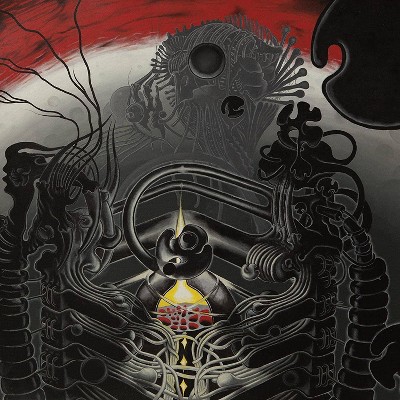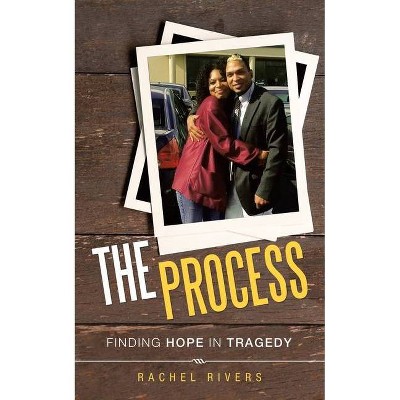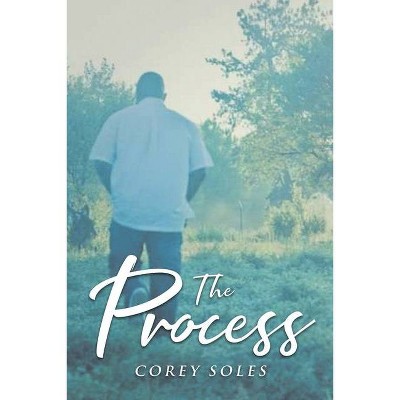Process Metaphysics and Mutative Life - (Palgrave Perspectives on Process Philosophy) by Wahida Khandker (Paperback)
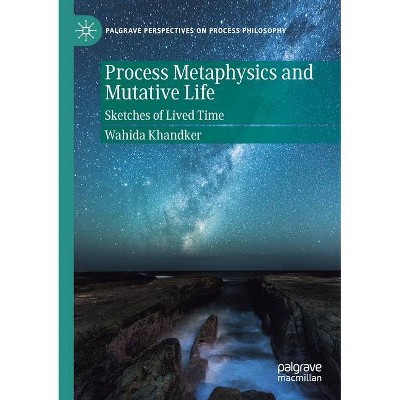
Similar Products
Products of same category from the store
AllProduct info
<p/><br></br><p><b> Book Synopsis </b></p></br></br><p>This book provides a survey of key process-philosophical approaches that, in conversation with selected concepts across the biological and physical sciences, help us to think about living processes, or 'lived time, ' at different scales of functioning. </p><p>The first part is written from an opening perspective on the question of the differing <i>scales </i>of analysis provided by Alfred North Whitehead. In particular, his interest in questions arising from the quantum mechanical reconciliation with classical mechanics informs the first two chapters that address problematic categorizations of life as variously 'despotic, ' 'invasive, ' or as primitive (in the radically more-than-human case of micro-organisms), whose potential recategorization relies on our willingness to acknowledge changes in value depending on the scale<i> </i>at which we view them. </p><p>The second part of the book concerns <i>methodologies</i>, in the light of works by Henri Bergson, whose intertwining concerns with epistemology and ontology in his theories of mind and life serve as a model for a process philosophy of biology. The chapters focus on techniques used across philosophy and the sciences to visualize processes that are otherwise unavailable to us due to the limitations of our perceptual faculties, no matter how sophisticated the tools for analysis, from microscopes to telescopes, have become. This book concludes with a consideration of the relations between parts and wholes in process, panpsychist, and ecological terms. It revisits the question of ecological balance and the place of human activities in relation to it, with reference to works of Charles Hartshorne and William James.</p><p/><br></br><p><b> From the Back Cover </b></p></br></br>This book provides a survey of key process-philosophical approaches that, in conversation with selected concepts across the biological and physical sciences, help us to think about living processes, or 'lived time, ' at different scales of functioning. <p>The first part is written from an opening perspective on the question of the differing <i>scales </i>of analysis provided by Alfred North Whitehead. In particular, his interest in questions arising from the quantum mechanical reconciliation with classical mechanics informs the first two chapters that address problematic categorizations of life as variously 'despotic, ' 'invasive, ' or as primitive (in the radically more-than-human case of micro-organisms), whose potential recategorization relies on our willingness to acknowledge changes in value depending on the scale<i> </i>at which we view them. </p><p>The second part of the book concerns <i>methodologies</i>, in the light of works by Henri Bergson, whose intertwining concerns with epistemology and ontology in his theories of mind and life serve as a model for a process philosophy of biology. The chapters focus on techniques used across philosophy and the sciences to visualize processes that are otherwise unavailable to us due to the limitations of our perceptual faculties, no matter how sophisticated the tools for analysis, from microscopes to telescopes, have become. This book concludes with a consideration of the relations between parts and wholes in process, panpsychist, and ecological terms. It revisits the question of ecological balance and the place of human activities in relation to it, with reference to works of Charles Hartshorne and William James.</p><p/><br></br><p><b> About the Author </b></p></br></br><p><b>Dr Wahida Khandker</b> is Senior Lecturer in Philosophy at Manchester Metropolitan University. Her research focuses on intersections between process thought, particularly the work of Henri Bergson, and the philosophy of biology. She is the author of <i>Philosophy, Animality, and the Life Sciences </i>(2014).<b></b></p>
Price History
Price Archive shows prices from various stores, lets you see history and find the cheapest. There is no actual sale on the website. For all support, inquiry and suggestion messages communication@pricearchive.us
